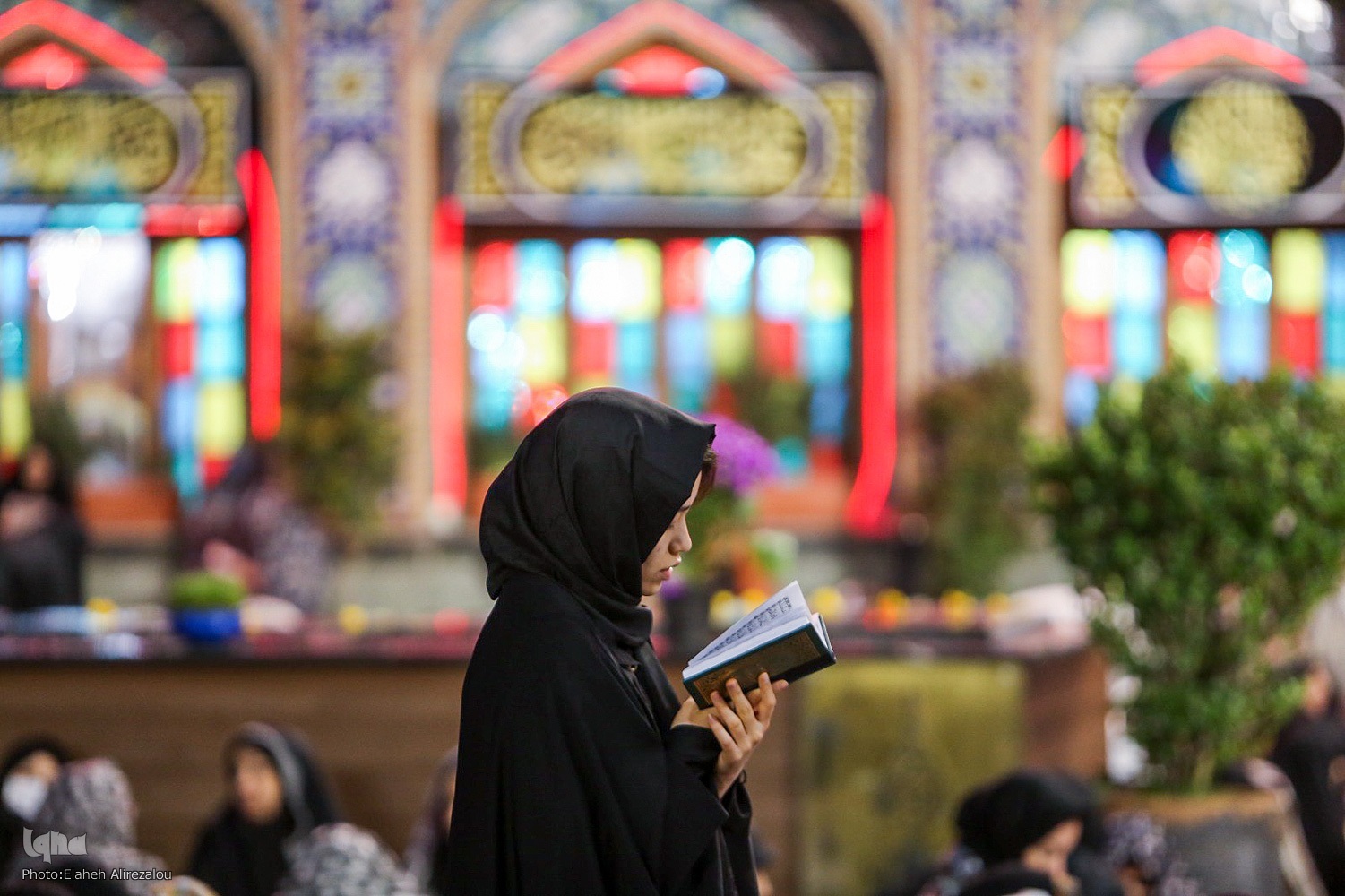Fasting, Quran, and Prayer Should Inspire Action, Transformation: Researcher

Speaking to IQNA, Hojat-ol-Islam Amirhossein Shakibafar noted that true prayer is a sincere expression of need, often centered on seeking guidance. "If our primary concern in life is not guidance, our prayers may remain words without impacting our actions," he said.
Discussing the concept of spiritual purification, Shakibafar explained that human existence has both material and spiritual dimensions. Referencing verse 72 of Surah Sad, he highlighted the divine nature of the human soul: “So when I have proportioned him and breathed into him of My spirit, then fall down in prostration before him.”
Read More:
He pointed to Surah At-Tin (verses 4-5) as a reflection of human potential and downfall. "We certainly created man in the best of forms; then We relegated him to the lowest of the low," he quoted, emphasizing the need for spiritual growth through faith and righteous deeds.
"True spiritual advancement requires one to rise above material attachments and engage in self-purification," Shakibafar said.
Ramadan, he noted, provides a structured opportunity for such growth. "Through fasting, the distractions of material excess are reduced, allowing spirituality to flourish.”
Read More:
He further explained that prayer, particularly in Ramadan, is a means to align one’s aspirations with divine guidance. "When a person sincerely prays, they express their innermost desires, often seeking the strength to follow the righteous path."
"The purpose of fasting, Quran recitation, and prayer is not mere ritual adherence," he noted. "They are transformative tools meant to elevate our souls, inspire righteous action, and refine our character. Only when we live with prayerful intent can we experience the true essence of these practices."
4269934



